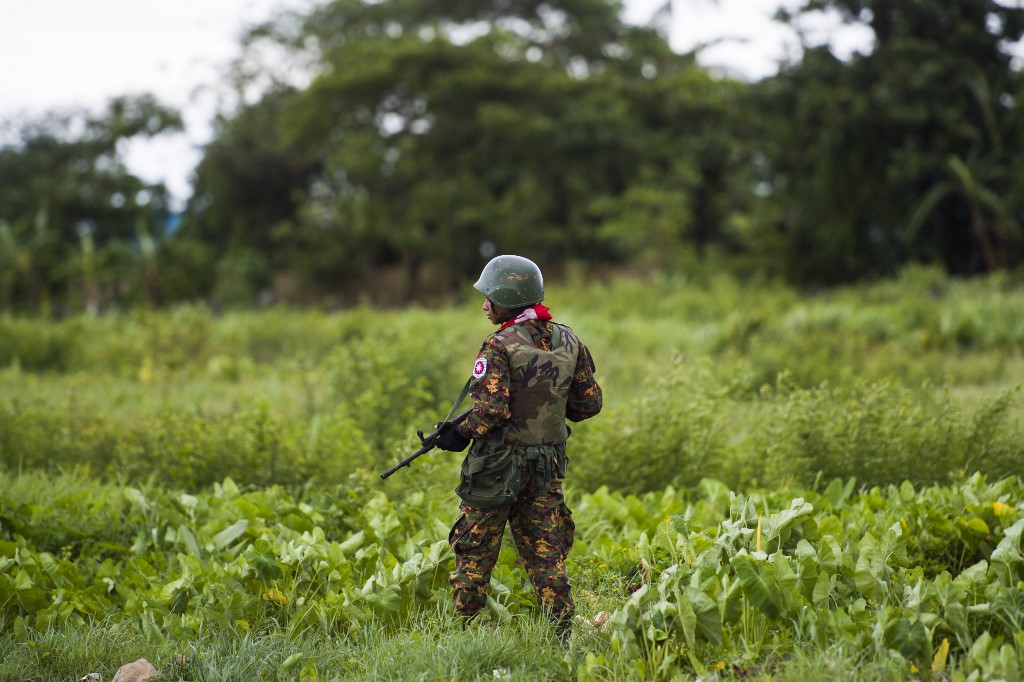
Myanmar's military must be investigated for possible "war crimes and crimes against humanity" as a conflict with rebels in the country's northwest ramps up, a UN rights expert said Wednesday.
The military is locked in an increasingly bloody civil war against the Arakan Army (AA), an insurgent group fighting for more autonomy for ethnic Rakhine Buddhists.
Scores have been killed, hundreds wounded and some 150,000 people have fled their homes since the fighting erupted in January last year.
Both the military and the insurgents accuse each other of abuses, including the killing last week of a World Health Organization driver transporting coronavirus test samples.
"While the world is occupied with the COVID-19 pandemic, the Myanmar military continues to escalate its assault in Rakhine State, targeting the civilian population," the outgoing UN Special Rapporteur on Myanmar, Yanghee Lee, said in a statement Wednesday.
Lee has been banned from entering Myanmar for most of her tenure after her outspoken criticism of the country's treatment of its Rohingya Muslims.
Some 750,000 Rohingya fled to neighbouring Bangladesh after military operations in 2017 -- for which Myanmar now faces charges of genocide at the UN's top court.
The ongoing, systematic violation of international humanitarian law and human rights "may amount to war crimes and crimes against humanity", Lee said.
She accused the military of disappearing, torturing, and killing dozens of AA suspects, as well as blocking aid and stopping injured civilians from reaching hospitals.
The military, also known as the Tatmadaw, swiftly denied her allegations.
"The Tatmadaw is simply doing its job to protect the lives and safety of civilians," military spokesman Brigadier General Zaw Min Tun told AFP, without commenting on Lee's specific accusations.
The UN rights expert also criticised the AA's operations for bringing "negative impacts" on civilians, particularly after a series of kidnappings.
The government officially branded the group a "terrorist organisation", meaning any news outlet that reaches out to them for comment could be charged under Myanmar's terrorism laws.
Northern Rakhine has been under a strict lockdown and internet blackout for months, making any independent reporting difficult.

